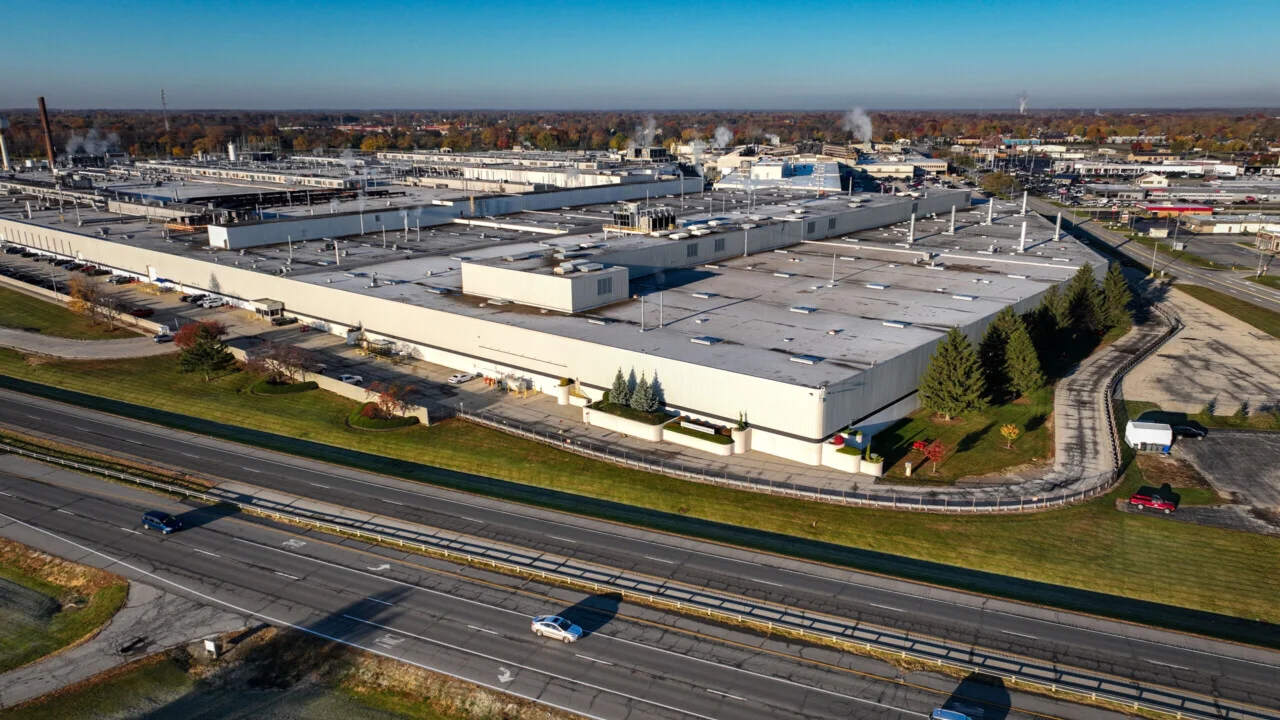Jeep maker Stellantis says it will build a second electric vehicle battery factory in Kokomo, Indiana, that will create 1,400 new jobs. The $3.2 billion joint venture plant with South Korea’s Samsung SDI is to start production early in 2027. Construction already is underway on the companies’ first joint venture factory in Kokomo, which is scheduled to open early in 2025. That $3.1 billion plant announced in May of 2022 will also create about 1,400 new jobs.
The city of Kokomo, which is about 60 miles (97 kilometers) north of Indianapolis, made a compelling case to locate the second factory there, Stellantis Chief Operating Officer for North America Mark Stewart said in a statement early Wednesday.
Also Read: VinFast to Start Construction of US EV Factory in North Carolina
Samsung SDI CEO Yoon-ho Choi said Kokomo will be the company’s largest production base for electric vehicle batteries in North America. He says it will help Stellantis accelerate a transition to a new era of EVs.
“Today’s commitment from Stellantis and Samsung SDI will double the capital investment, the new jobs created, and the impact this joint venture will have on Kokomo and the state of Indiana for decades to come,” Indiana Governor Eric Holcomb said in a statement.
Additionally, Stellantis, the world’s fourth-largest automaker, has announced plans to sell 5 million electric vehicles by 2030, with 50% of its North American passenger car and light truck sales going fully electric by 2030.
Stellantis also plans a joint-venture battery plant across the border in Windsor, Ontario. The company came together in 2021 with the merger of Fiat Chrysler and France’s PSA Peugeot.
Details on the Stellantis battery factory financing
Indiana offered an incentive package of up to about $186.5 million in conditional tax credits, training grants and investments for the first Kokomo battery factory. The money would offset the costs of the plant’s infrastructure, the Indiana Economic Development Corporation said.
In 2021 the company announced plans to spend nearly $230 million to retool three Kokomo-area factories so they can produce transmission systems that work with both traditional gasoline-powered vehicles and gas-electric hybrid versions.

Leave a Reply